
UW–Madison joins national harm reduction research network to prevent overdose deaths
To build upon existing research and develop new strategies in harm reduction, the National Institutes of Health (NIH) has established a national research network to evaluate harm reduction services. The network will include a coordinating center and nine research studies at institutions across the country, including at the University of Wisconsin–Madison.

Alzheimer’s, related dementias cause high economic burden among Indigenous populations
Indigenous people living in Wisconsin and throughout the nation experience significant health and financial burden from Alzheimer’s disease and related dementias, according to new research published by a University of Wisconsin–Madison team and collaborators.
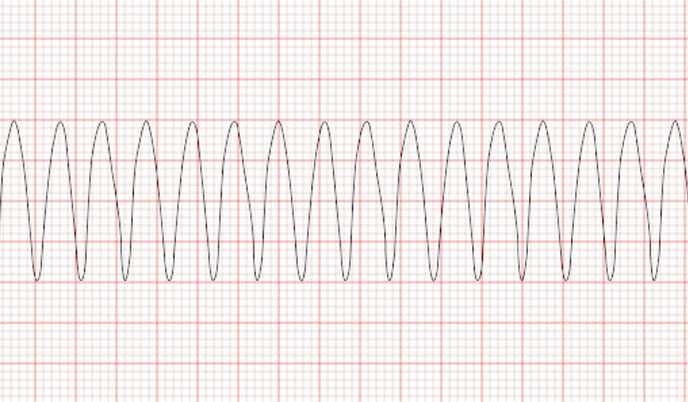
New study finds disparities in cardiac arrhythmia treatment
A large, population-based study has found cardiac ablation for ventricular tachycardia (VT) procedures is more likely to be performed on patients who are white males from wealthier neighborhoods.

Affordable Care Act navigator program boosted insurance enrollment in underserved communities
Funding for the Affordable Care Act navigator program had a positive impact on enrollment, and the private health insurance industry likely would not pick up the slack if the program were cut, according to two recent research publications from the UW School of Medicine and Public Health.
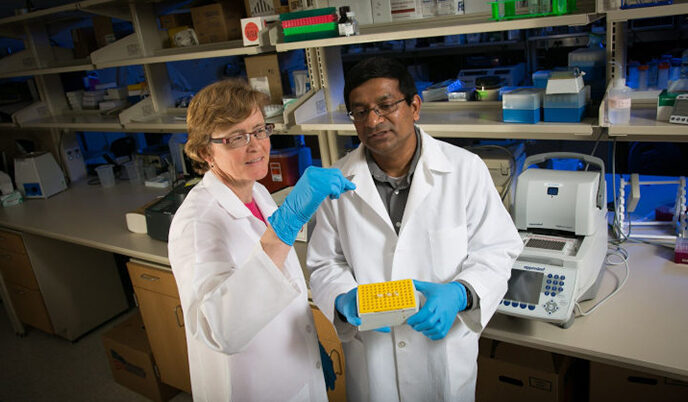
UW researchers looking for new ways to screen for ovarian cancer, earlier detection
A project began today at the UW–Madison Prevention Research Center that is focused on earlier detection of ovarian cancer.
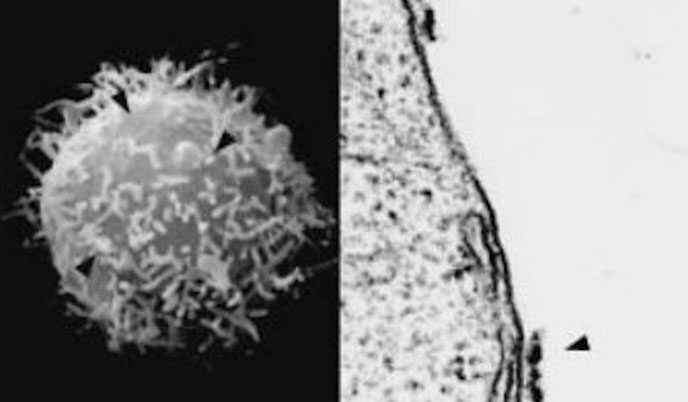
Innovative clinical trial targets recurrent BK infection in kidney transplant recipients
Kidney transplant patients like Tessa Adolph, from Rockford, Illinois, face an age-old problem to protect their new kidney and bodies after transplant surgery: how to prevent infections while also safeguarding their new kidney from damage or rejection.
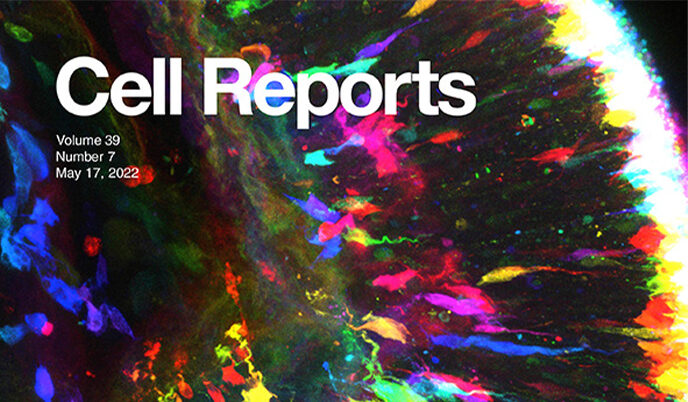
UW eye research uncovers how stem cell photoreceptors reach their targets
A new study reveals how photoreceptors grown from stem cells might extend biological wires, known as axons, to contact existing neurons.

Black patients in Wisconsin 50% less likely to be treated for pancreatic cancer
Black patients with pancreatic cancer have lower survival rates than white patients, and a new study suggests why: They are much less likely to receive life-extending treatments.
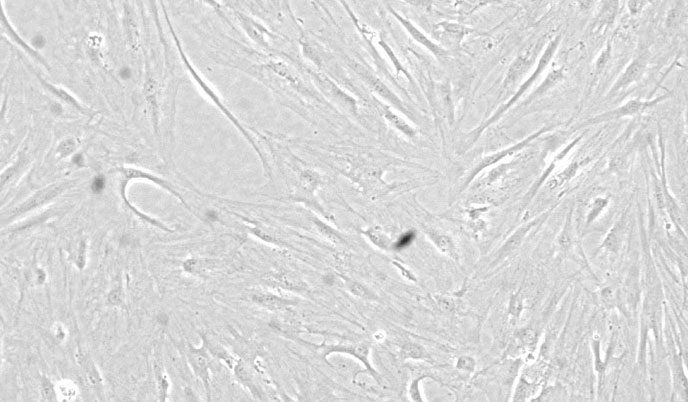
The future of cell therapy: Novel study tests treatment for radiation-induced dry mouth
For certain side effects of complex and lifesaving medical procedures, care teams can be left with limited and risky treatment options, but a program at UW Health is changing that using patients’ own cells as “living therapeutics.”
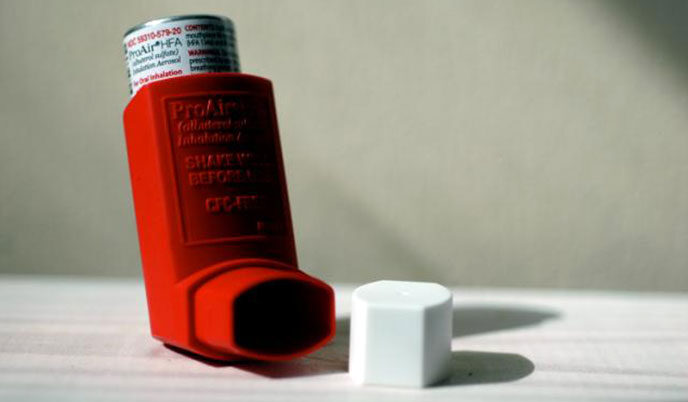
Study finds higher asthma rates among Black and Hispanic children regardless of neighborhood income or density
A new, large study found that although there is a correlation between childhood asthma and being born into a densely populated or lower-income neighborhood, Black and Hispanic children had consistently higher rates of asthma than white children even in more affluent neighborhoods.
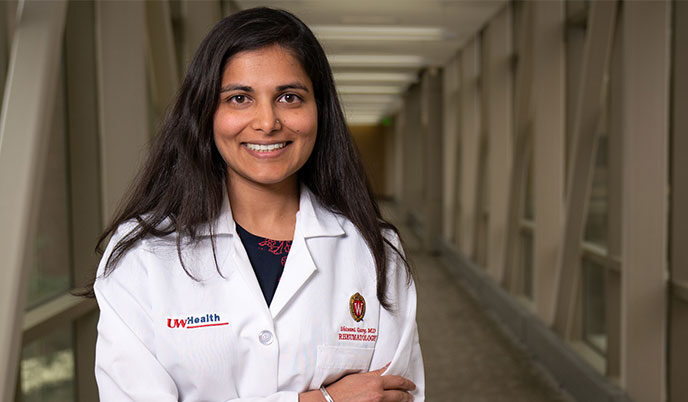
Lupus clinic improves health quality for patients with kidney disease
A new study shows that Wisconsin’s only multidisciplinary clinic for lupus patients with suspected kidney disease cut the time to diagnosis by 40% and improved other measures of health care quality for those patients.

Recognizing Clinical Trials Day: How major advances in medicine happen
When stakes are high, clinical trials rise to the challenge to keep moving medicine forward.